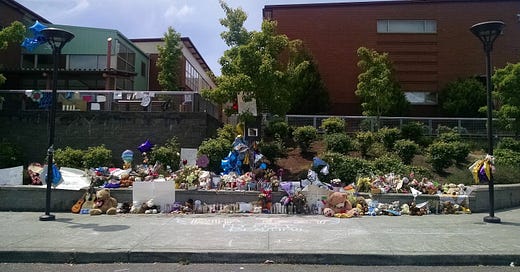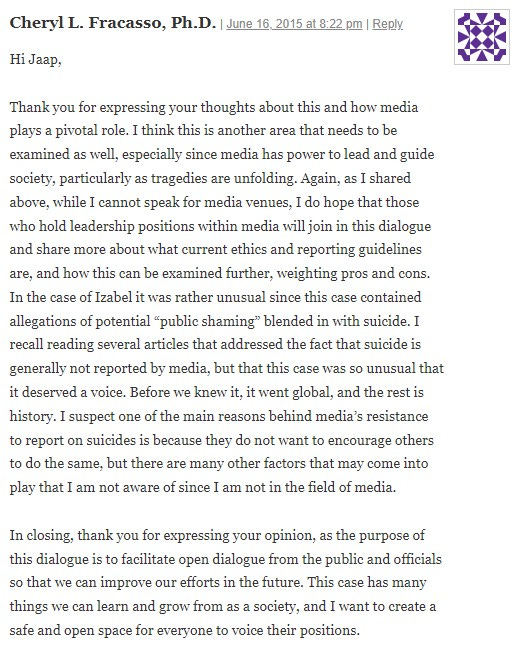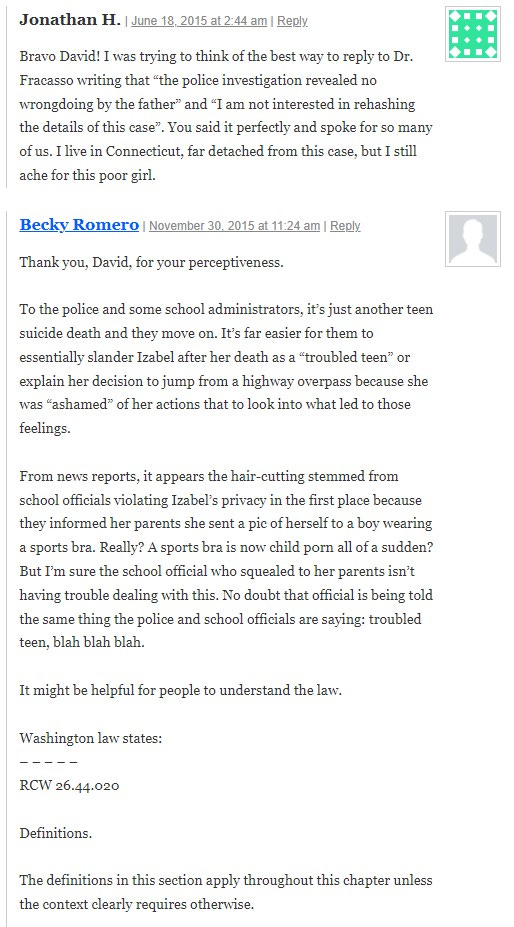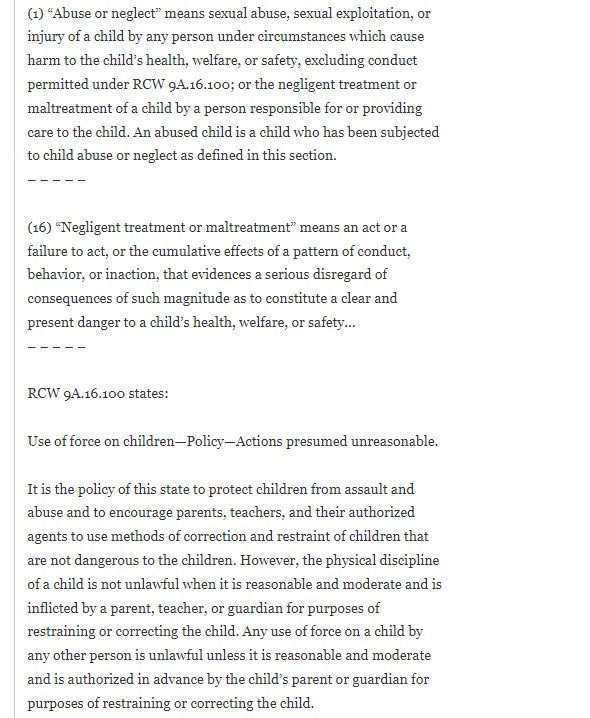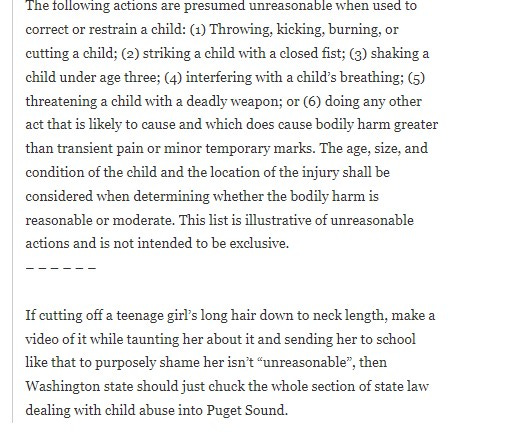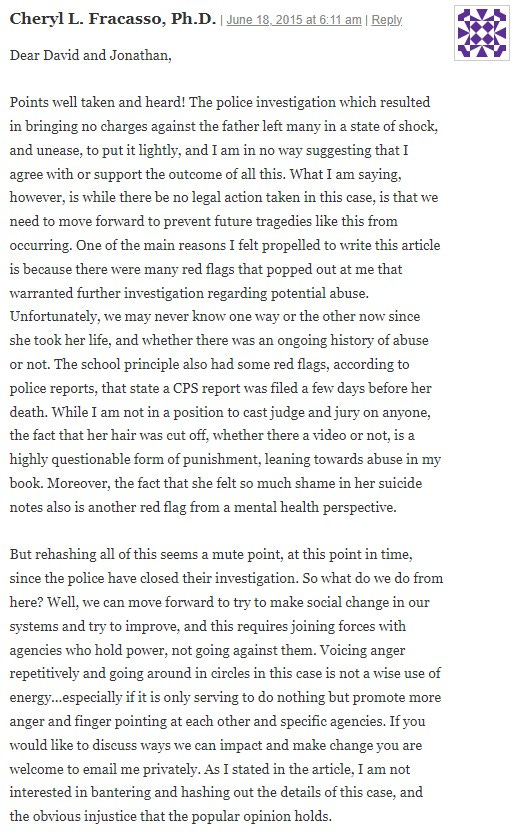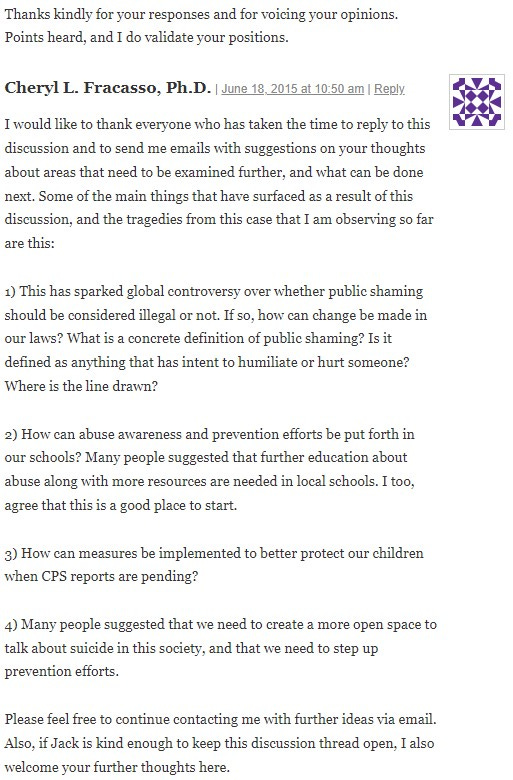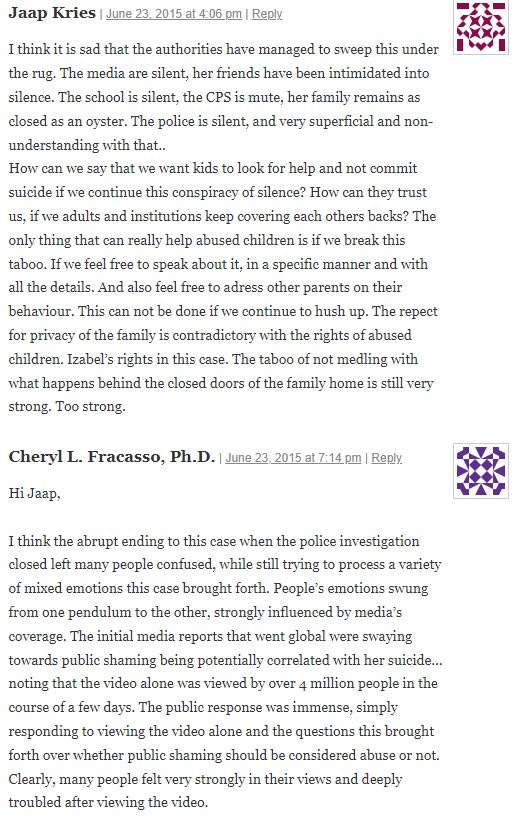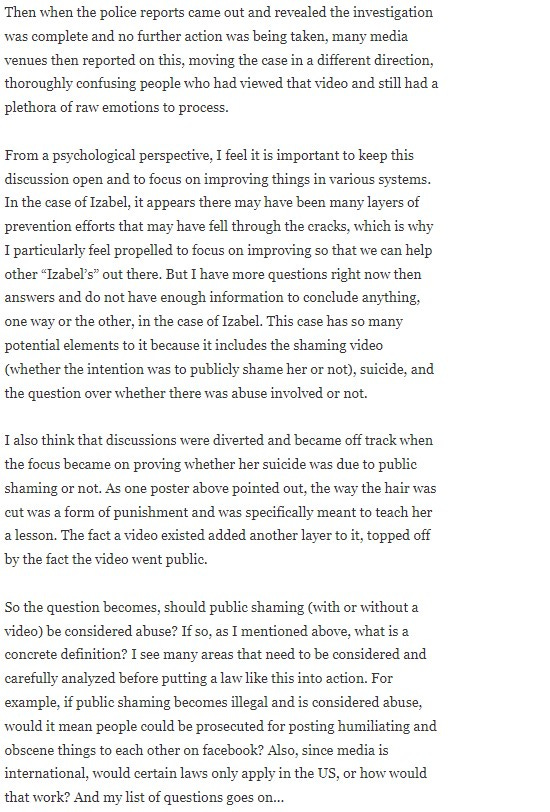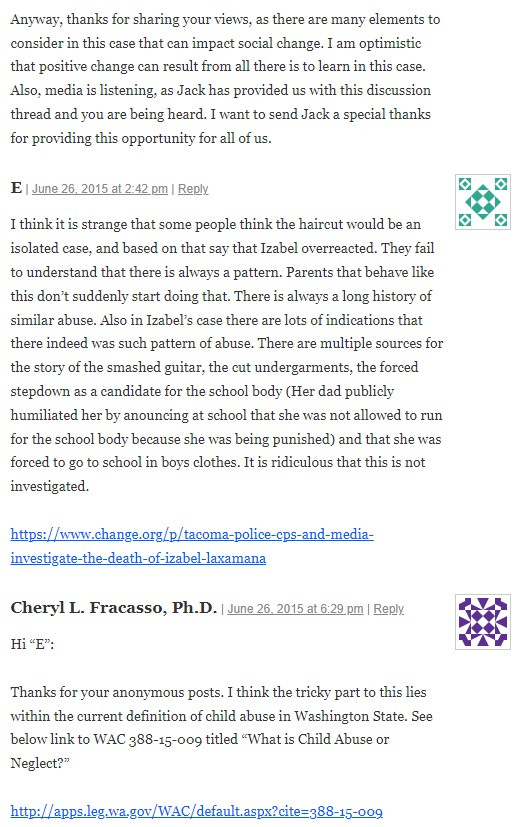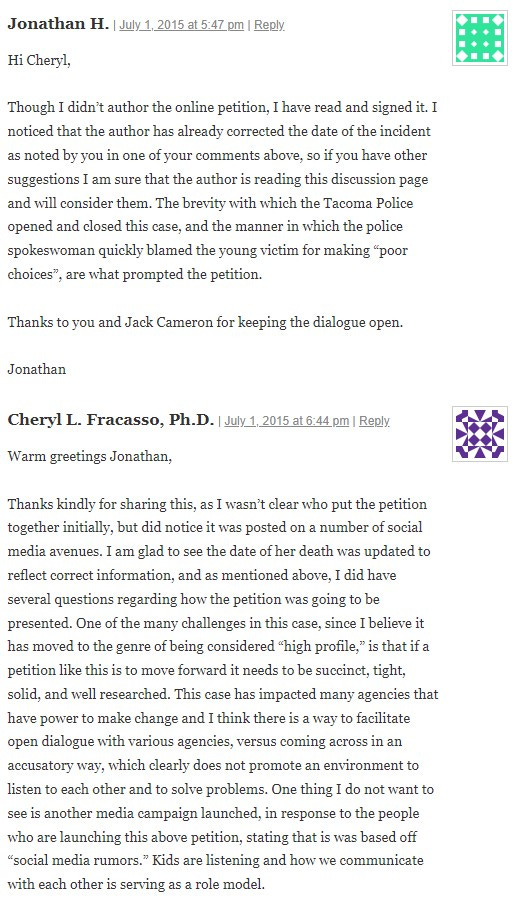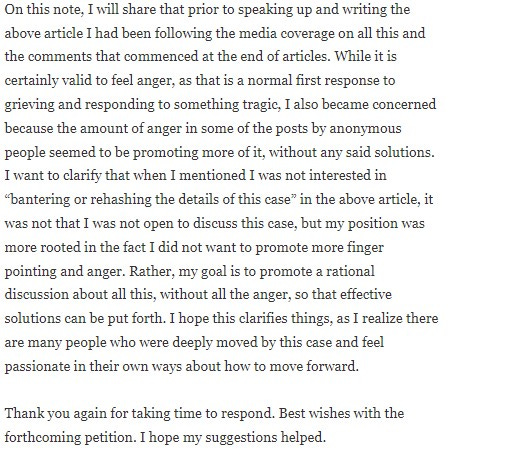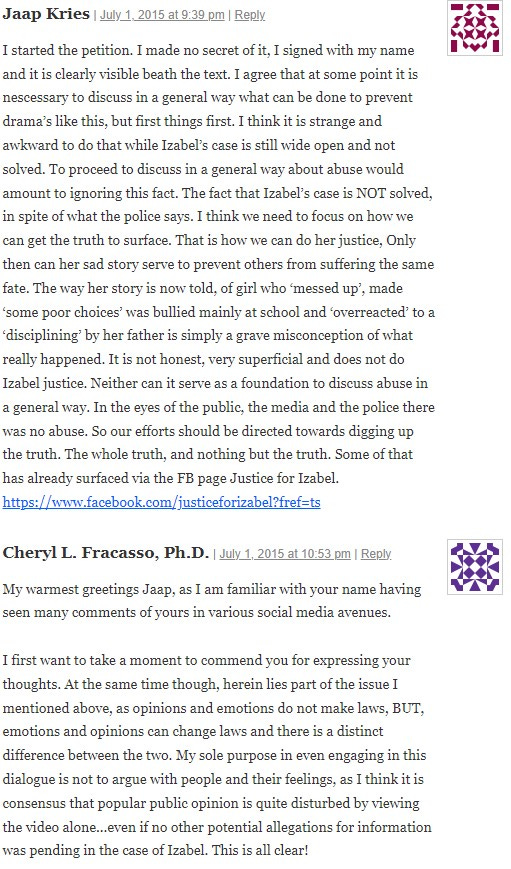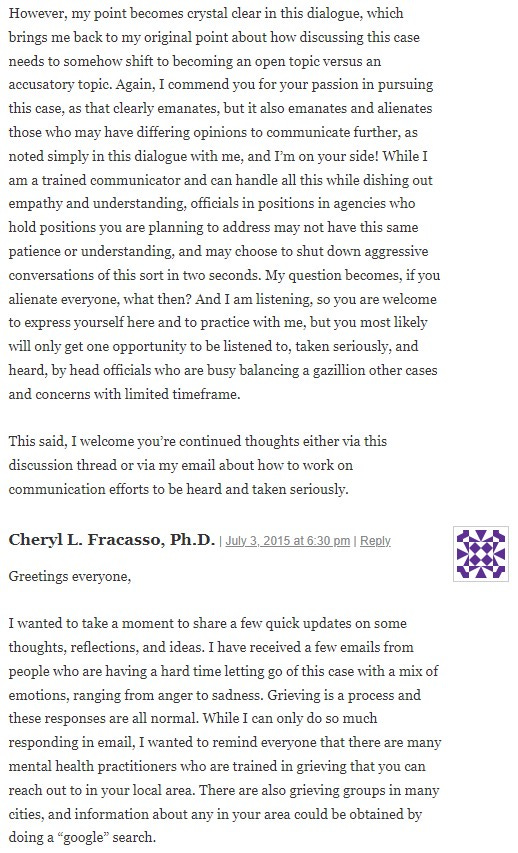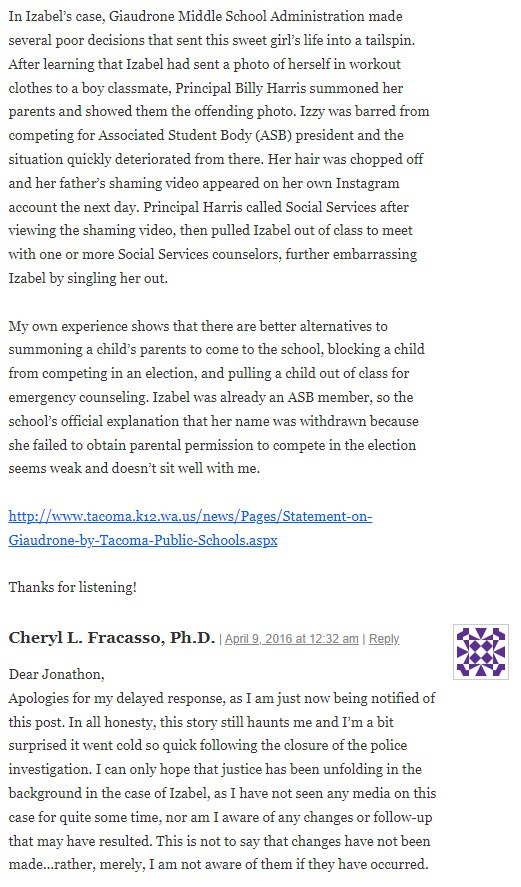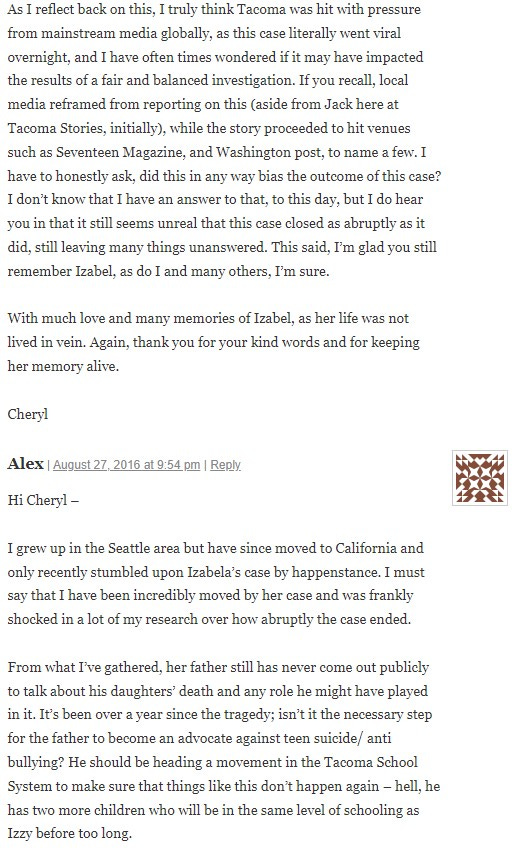Izabel Laxamana: A Community Left Grieving. Where Do We Go From Here?
It is unusual for Tacoma Stories to do more than one article about the same topic. It’s also unusual for someone other than me to write an article for Tacoma Stories. But the last few weeks have been unusual. There has been much talk and controversy about the suicide of Izabel Laxamana. Up until now, I’ve refrained from using the 13-year-old girl’s name. However, since it’s been used everywhere from the Washington Post to Seventeen Magazine, I think my refrain is fairly useless at this point.
I received the following article earlier today from a local psychotherapist. Her name is Cheryl L. Fracasso, Ph. D. She’s not just writing about Izabel. She’s writing about all of our children.
Before we get to the article, I just want to say if you or anyone you know is feeling suicidal, you can call the National Suicide hotline any time day or night for free and anonymously at 1-800-273-8255.
Here’s Dr. Fracasso:
Not even three weeks after her death, one thing that is clear is that there is a whole community spanning globally now left grieving the tragic loss of Izabel Laxamana. The public response of support and compassion has been tremendous, evoking many strong and mixed emotions. As a psychologist, I, like many others, sat dumbfounded and deeply saddened as this case unfolded, hoping that the investigation would reveal some answers into the “how” and “why” behind this. In the end, the police investigation that closed last week that revealed no wrongdoing by the father and left more questions than answers. So where do we go from here?
While no legal action may be taken for the real Izabel, one thing that lives on is the iconic Izabel created by the facebook page, “Justice for Izabel.” Whether her suicide was due to abuse or not may never be answered since Izabel can no longer speak for herself. I only hope that those who may have further information about this case will gain the courage to speak up if there are facts that need to be investigated further. However, we must move on as a community and society and focus our efforts on preventing future tragedies like this from occurring. I for one am not interested in reading about media defending their positions and pointing fingers at one another due to the reporting of this case, nor am I interested in reading about what “could have” or “should have” been done. What I am interested in seeing is abuse awareness and prevention efforts launched in the local and global community so that not one more child is lost in this manner. We need to give our children a voice. We need to take them seriously when they come home and try to tell us things that are happening to their friends that do not seem right. Education about what abuse is and how it operates needs to be put forth in our schools, which encourages friends or family members to speak up. Abuse can only exist if those suffering from it and those who witness it are scared silent, and this needs to end. We need to stop this hideous cycle of abuse, bullying, and public shaming. Each of us on an individual level can start by speaking up when we observe anything out of the ordinary with a child.
If you or your children observe something going on that is not right, report it. Also, we need to take a look at our current Child Protective Service (CPS) measures and find more effective ways to protect our children when a report is pending. As legislation is right now, children are generally left in the home when a report is pending investigation and some investigations take months to resolve.
From a psychological perspective, it is my hopes that practitioners band together to launch efforts to educate our youth and society about classic signs of abuse and to end this silence and fear about speaking up. In this sense, we can get “Justice for Izabel” by insuring that we make changes in our current systems to minimize the chances of something like this happening again.
Blaming and pointing fingers at each other and individual agencies is not an effective use of energy. Rather, we need to band together with police departments, school districts, legislation, and media who have the power to make change, and say “Enough! We are not losing one more child!” Let’s end the silence!
My deepest condolences to all who have been touched by this case…especially friends, family, and others who knew her.
If you would like to open up further dialogue about this, I can be contacted at doctorfracasso@hotmail.com. Please note, I am not interested in rehashing the details of this case. If you have further information, report it to the proper authorities. However, I do welcome suggestions on how social change efforts can be put in place to prevent future tragedies like this from occurring.
My sincerest regards,
- Cheryl L. Fracasso, Ph.D.
Dr. Fracasso is a psychotherapist based in Kent, Washington. She has served as a Psychologist with the State of Washington, Department of Social and Health Services, Developmental Disabilities Administration at Rainier School. She's also worked as Case Manager with the City of Seattle, Office of Aging and Disability Services.
I’d like to thank Dr. Fracasso for sharing her thoughts with us. It’s important to talk and we’re interested in your comments. I’ll be approving any comments that aren’t insulting or accusatory.
- Jack Cameron

